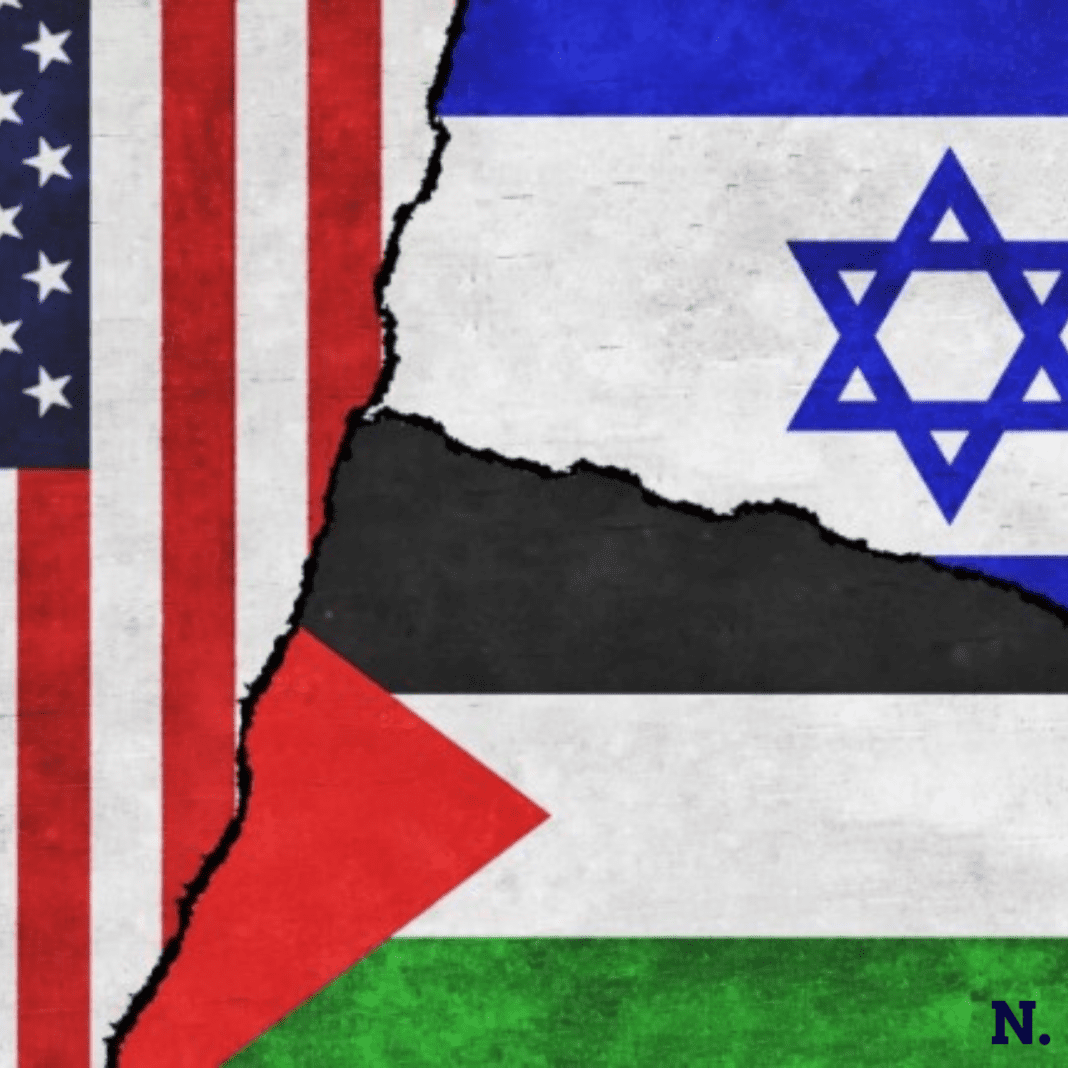President Biden has publicly presented a peace plan. Which was regarding to push both the Israeli government and Hamas into negotiations to stop the ongoing war in Gaza. However, it remains uncertain whether both parties will agree to the proposed plan.
Israeli Prime Minister Benjamin Netanyahu’s government has not yet achieved its military goal of defeating Hamas. And some far-right members are threatening to leave the governing coalition rather than accepting a ceasefire. On the other hand, Hamas seems reluctant to end the war. They believe that their actions are putting pressure on Israel and gaining international support for the Palestinian cause.
Political Challenges to Biden
For President Biden, the conflict in Gaza poses a political challenge ahead of the upcoming presidential elections. Because it divides his support base, which has criticized him for either supporting Israel too much or too little. The peace plan is seen as an attempt to address this dilemma. On the other hand it is to to make it difficult for Netanyahu to reject a ceasefire. Negotiations between Israel and Hamas have been at a standstill for weeks, mainly due to disagreements over whether a temporary ceasefire and hostage release would lead to a permanent end to the conflict.
To bridge the gap, President Biden is advocating for a shift in the conflict’s objective, proposing that Israel’s goal should be to weaken Hamas to the point where it is no longer capable of launching large-scale attacks, rather than seeking the group’s destruction.
Netanyahu has indicated that any ceasefire would only be temporary, and if talks break down later on, Israel would reserve the right to resume military operations in Gaza.
Suggestions Made
U.S. officials have suggested that Hamas may be more resistant to engaging in talks. President Biden has reached out to the Qatari Emir and emphasized the concrete roadmap for ending the crisis in Gaza, with the U.S., Egypt, and Qatar committed to ensuring its full implementation.
President Biden’s announcement comes after weeks of pro-Gaza protests across college campuses in the U.S., underscoring the ongoing challenge he faces in balancing support for Israel while navigating a tough re-election campaign.
The U.S. informed Hamas of the peace plan through intermediaries in Qatar, and White House officials have publicly placed the responsibility on Hamas to accept the plan, attributing the blueprint to Israel.
President Biden emphasized the importance of publicly disclosing the details of the proposal to ensure transparency and demonstrate the seriousness with which Israel is approaching the situation, according to John Kirby, a spokesperson for the National Security Council. The State Department also expressed optimism about the plan, highlighting its potential to bring an end to the devastating impact on the people of Gaza and potentially lead to the release of hostages held by Hamas.
Furthermore, Secretary of State Antony Blinken has been engaged in diplomatic efforts, communicating with various leaders in an attempt to encourage Hamas to consider the proposed plan. However, it has been emphasized that Hamas is currently the primary obstacle to an immediate cease-fire.
Additionally, there are concerns that the longer the conflict in Gaza persists, the more Hamas may perceive a strategic advantage in prolonging the situation. This has prompted regional support for President Biden’s cease-fire efforts, with foreign ministers from Jordan, the United Arab Emirates, and Saudi Arabia expressing their backing in a virtual meeting with counterparts from Qatar and Egypt.
Conclusion
Overall, the international community is closely monitoring the developments in the region, as efforts continue to bring about a resolution to the ongoing conflict.
The Group of Seven advanced democracies has pledged full support for the cease-fire and hostage release deal proposed by Biden, according to a statement released on Monday.
Following Hamas’s attack on Israel in October, which resulted in approximately 1,200 casualties, there has been a noticeable shift in perception of the militant group among American college students. Bruce Hoffman, an expert in terrorism and insurgency at Georgetown University, noted that students, reacting to what they perceive as an excessive Israeli response in Gaza,





